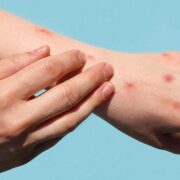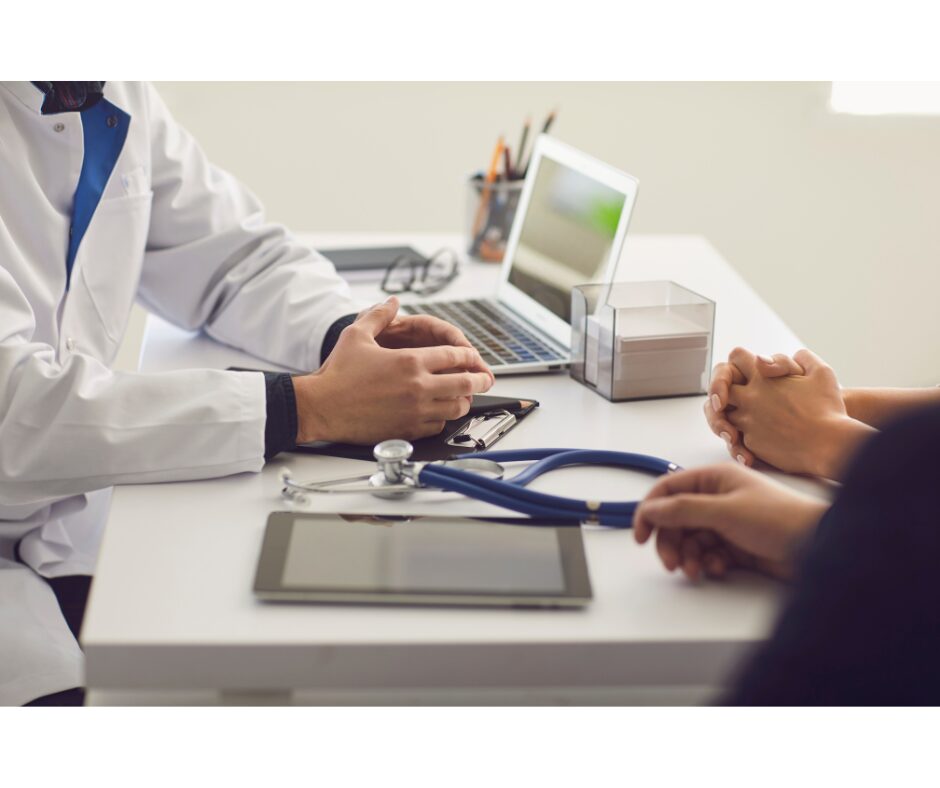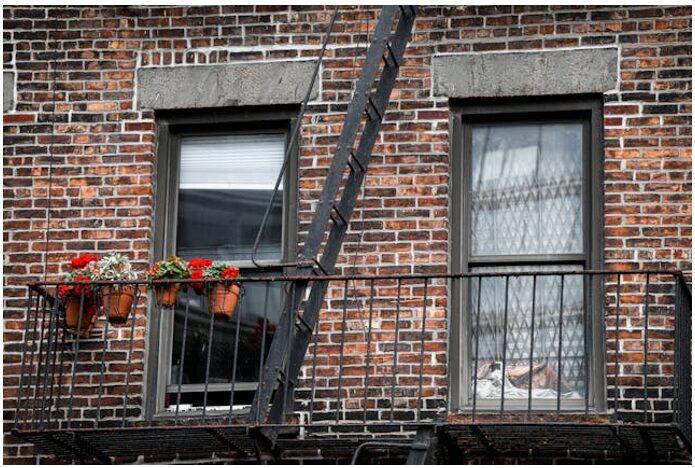
NEW York City Mayor Eric Adams issued an emergency executive order on Monday, August 1 declaring a local state of emergency due to the monkeypox outbreak.
As of August 3, NYC has over 1,500 reported cases across the five boroughs, approximately 25 percent of cases nationally, with numbers continuing to rise.
“As the monkeypox outbreak continues to grow in New York City and across the country, I am today issuing an emergency executive order declaring a local state of emergency,” Adams said in a statement.
This emergency executive order allows the mayor to suspend local laws, and enact rules, as necessary, to protect the well-being and health of all New Yorkers.
“This order will bolster our existing efforts to educate, vaccinate, test, and treat as many New Yorkers as possible and ensure a whole-of-government response to this outbreak. In partnership with federal, state, and local officials we will continue to respond with the urgency required to keep people safe and this order is another tool to help us do so,” Adams added.
Gov. Kathy Hochul has also declared a state of emergency in New York, joining California and Illinois. Texas, Georgia, and Florida round up the top six states in the country with the highest number of recorded infections.
Under Hochul’s executive order, the state will require health care providers to send monkeypox data to its health department. The order also allows the state to take additional steps to combat the outbreak more effectively, including allowing additional health care workers like EMS personnel and pharmacists to administer monkeypox vaccines.
The separate public health declaration of emergency issued on Saturday, July 30 by the New York City Department of Health and Mental Hygiene (DOHMH) allows DOHMH Commissioner Dr. Ashwin Vasan to issue commissioner’s orders amending provisions of the New York City Health Code to protect public health and slow the spread.
Currently the epicenter of the outbreak, New York City estimates that approximately 150,000 New Yorkers may currently be at risk for monkeypox exposure.
“We are declaring monkeypox a public health emergency in New York City. Over the past few weeks, we have moved as quickly as possible to expand outreach and access to vaccines and treatment to keep people safe,” Vasan said. “This declaration, which is effective immediately, will allow DOHMH to issue emergency commissioner’s orders under the New York City Health Code and amend provisions of the Health Code to provide for measures to help slow the spread.”
According to the Centers for Disease Control and Prevention, monkeypox is a disease caused by a virus that belongs to the orthopoxvirus family of viruses. Monkeypox virus is part of the same family of viruses as the variola virus, the virus that causes smallpox. Monkeypox symptoms are similar to smallpox symptoms but milder, and monkeypox is rarely fatal.
The first human case of monkeypox was recorded in 1970. Before the 2022 outbreak, monkeypox had been reported in people in several central and western African countries. Previously, almost all monkeypox cases in people outside of Africa were linked to international travel to countries where the disease commonly occurs or through imported animals.
While gay and bisexual men have the highest risk of infection right now, public health officials say that anyone can catch monkeypox through physical contact with someone who has the rash that characterizes the disease.
CDC says that monkeypox can spread to anyone through close, personal, often skin-to-skin contact, including direct contact with monkeypox rash, scabs, or body fluids from a person with monkeypox; touching objects, fabrics (clothing, bedding, or towels), and surfaces that have been used by someone with monkeypox; or contact with respiratory secretions.
Symptoms usually start within two weeks of exposure, but in some cases, they may not appear for up to 21 days. Symptoms can last for two to four weeks. The most common symptom is a rash or sores that can look like pimples or blisters. These may be all over the body or just in certain parts, such as the face, hands, or feet, as well as on or inside the mouth, genitals, or anus.
NYC residents can stay up-to-date on the latest developments, including vaccine access, by texting “MONKEYPOX” to 692-692. n






